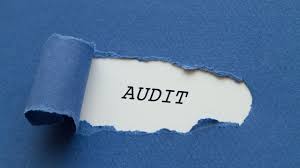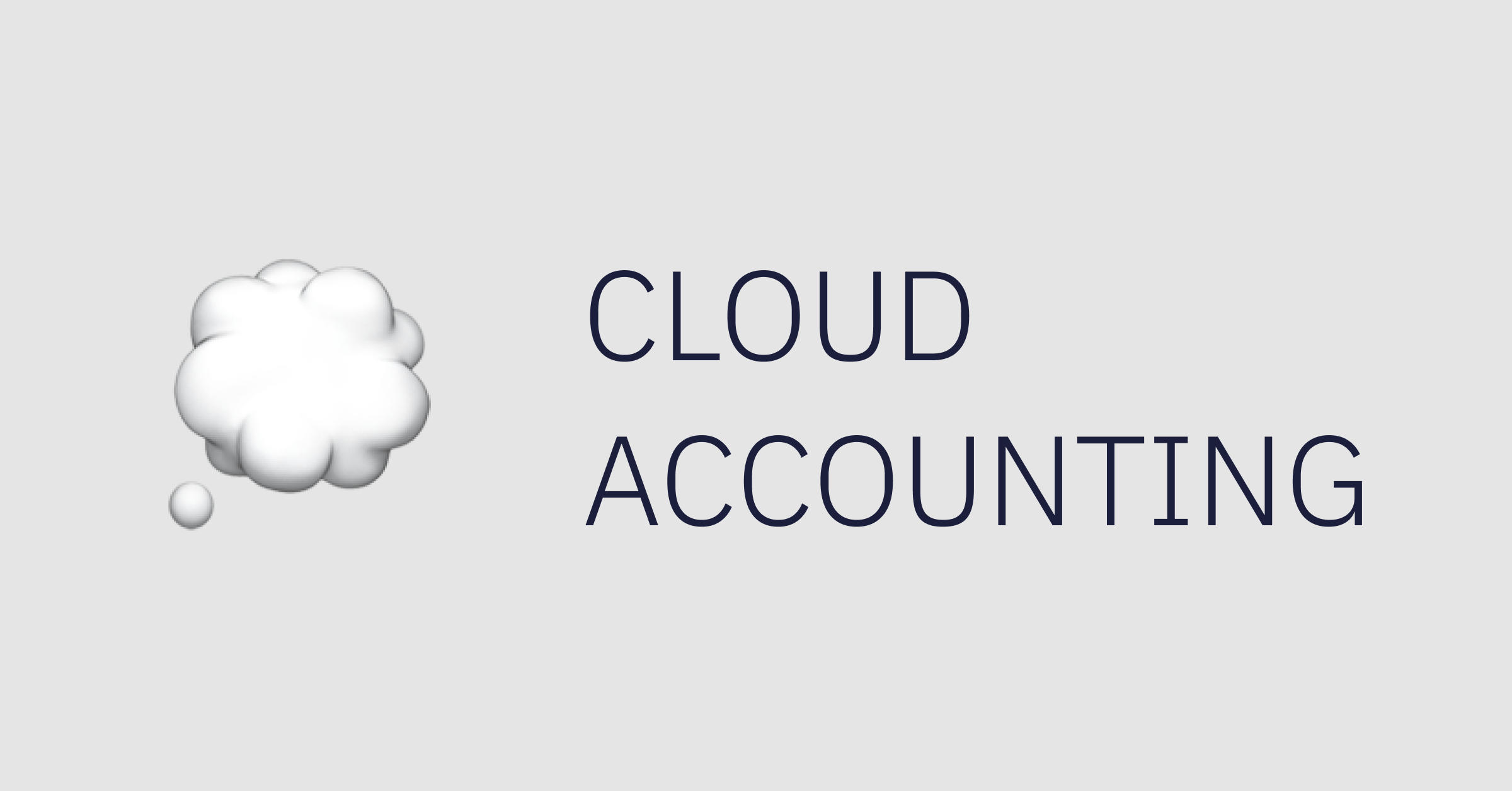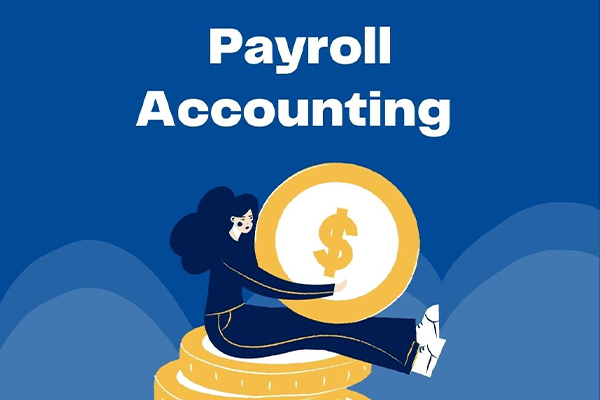Audit Services in Oman
Audit services play a critical role in maintaining the integrity of financial reporting and enhancing the trust of stakeholders in the financial health of a business. In Oman, a country with a rapidly growing economy and an increasingly complex business environment, the importance of reliable audit services cannot be overstated. This article provides an in-depth look at audit services in Oman, covering their significance, regulatory framework, and the types of audits available to businesses.
Audit services play a critical role in maintaining the integrity of financial reporting and enhancing the trust of stakeholders in the financial health of a business. In Oman, a country with a rapidly growing economy and an increasingly complex business environment, the importance of reliable audit services cannot be overstated. This article provides an in-depth look at audit services in Oman, covering their significance, regulatory framework, and the types of audits available to businesses.
1. Introduction to Audit Services in Oman
Regulatory Compliance: In Oman, businesses are required to comply with local regulations set by the Ministry of Commerce, Industry, and Investment Promotion (MOCI) and other relevant authorities. Audit services ensure that companies adhere to these regulations and maintain accurate financial records.
Types of Audits: The audit services in Oman can be broadly categorized into statutory audits, internal audits, and special audits, each serving different purposes for businesses.
2. Importance of Statutory Audits
Mandatory for Companies: Statutory audits are mandatory for most companies in Oman, including those operating in free zones. These audits ensure the accuracy of financial statements, which is critical for stakeholders, investors, and regulatory bodies.
Financial Transparency: Statutory audits provide transparency in financial reporting, helping to build trust with shareholders, creditors, and other stakeholders.
3. Role of Internal Audits
Risk Management: Internal audits focus on evaluating and improving the effectiveness of a company’s risk management, control, and governance processes. They help identify potential risks and implement corrective measures.
Operational Efficiency: By reviewing internal processes, internal audits can highlight inefficiencies and suggest improvements, thereby enhancing overall operational performance.
4. Special Audits for Specific Needs
Investigative Audits: These are conducted to investigate specific areas of concern, such as fraud or mismanagement. They provide detailed insights into particular issues, aiding in decision-making.
Compliance Audits: Compliance audits assess whether a company is adhering to regulatory requirements, industry standards, or contractual obligations, which is crucial for avoiding legal penalties.
5. Choosing the Right Audit Firm
Expertise and Experience: It is essential to choose an audit firm with a deep understanding of the local regulations and industry-specific knowledge. Experienced auditors can provide valuable insights beyond just compliance.
Reputation and Credibility: The reputation of the audit firm matters, as a credible audit report from a well-regarded firm adds value to the business and its financial statements.
6. Conclusion
Ensuring Financial Integrity: Audit services play a vital role in maintaining the financial integrity of businesses in Oman. Whether through statutory audits, internal audits, or special audits, these services help businesses remain compliant, manage risks, and operate efficiently.
Long-term Success: Regular audits contribute to the long-term success of a business by ensuring accurate financial reporting, enhancing operational performance, and building stakeholder confidence.













































